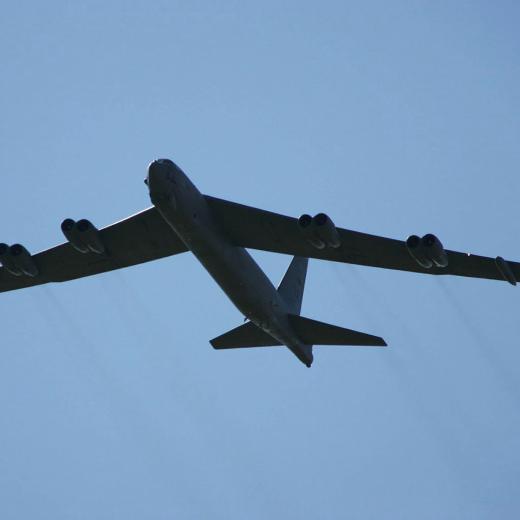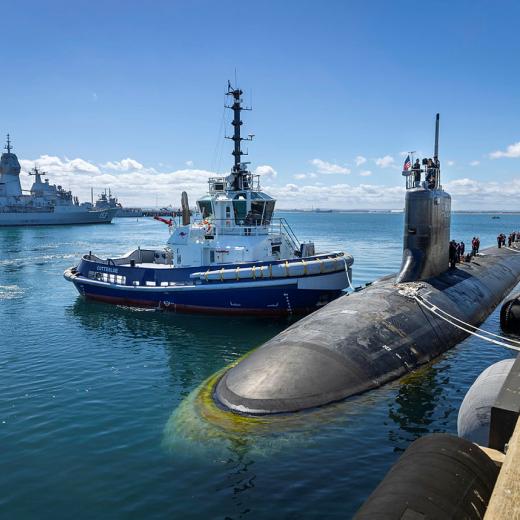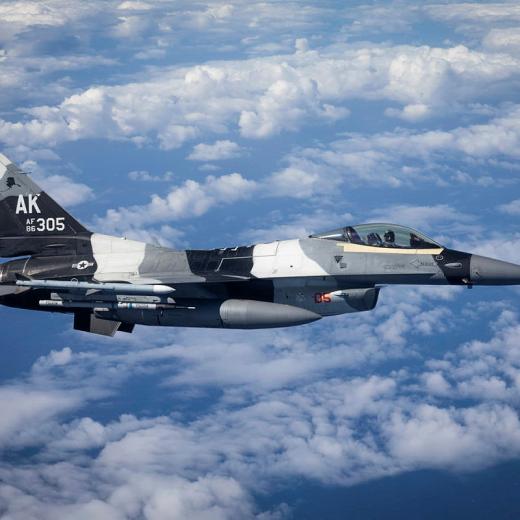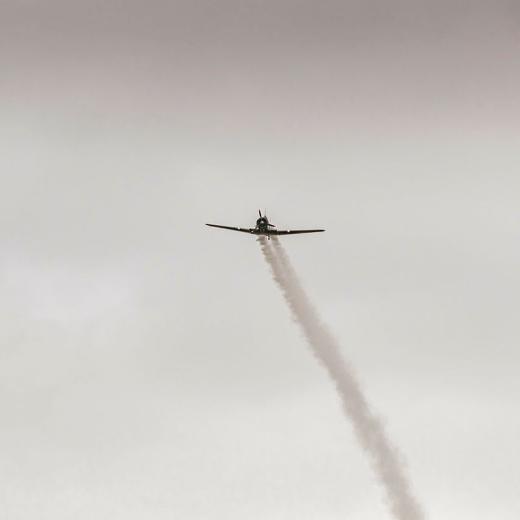BLUF
The decisions of 4 key people played a significant part in determining the outcome of the Battle of Britain.Summary
This article from the Imperial War Museum makes the following points about the prominent military leaders during the Battle of Britain:
Hugh Dowding
- Dowding oversaw the defence of Britain in the summer and autumn of 1940.
- Served in WW1.
- Commander-in-Chief of RAF Fighter Command.
- Drove the development of the air defence network that gave the RAF a significant advantage.
- He had the best understanding of managing and commanding integrated air defence systems.
Keith Park
- Oversaw 11 Group (London and the southeast UK) in the Battle of Britain.
- Respected by Dowding.
- Tough and respected by his men.
- Clashed with the 12 Group commander, Air Vice-Marshal Trafford Leigh-Mallory, over the 'Big Wing'.
Hermann Göring
- Commander in Chief of the German Air Force (Luftwaffe) in WW2.
- Decorated WW1 fighter pilot.
- One of Hitler's closest political associates and nominated successor.
- Long-standing Nazi.
- He argued that a sustained air assault against Britain would achieve the decisive victory needed to make the invasion of Britain a possibility.
- During the Battle of Britain, he underestimated the importance of radar.
- His forces accidentally bombed London.
- The RAF responded by bombing Berlin.
- In retaliation, Goering switched the Luftwaffe's attacks away from RAF targets to London.
- Political and military leaders on both sides underestimated the capability of civilian populations to withstand conventional bombing.
- Goering lost influence after the Luftwaffe failed in the Battle of Britain.
Albert Kesselring
- Commanded Luftflotte 2, leading the attacks against southeast England during the Battle of Britain.
- Served with the German Army in WW1.
- Learned to fly at age 48.
- Commanded Luftflotte 1 during the invasion of Poland and Luftflotte 2 against France, Belgium, the Netherlands and Luxembourg in May 1940.
- Instrumental in the fatal decision to switch attacks from RAF airfields to London in what became known as the Blitz.





